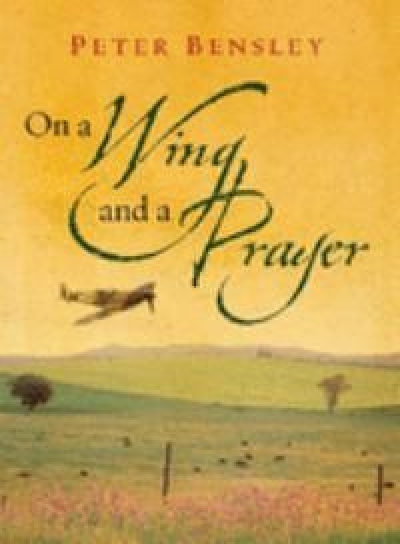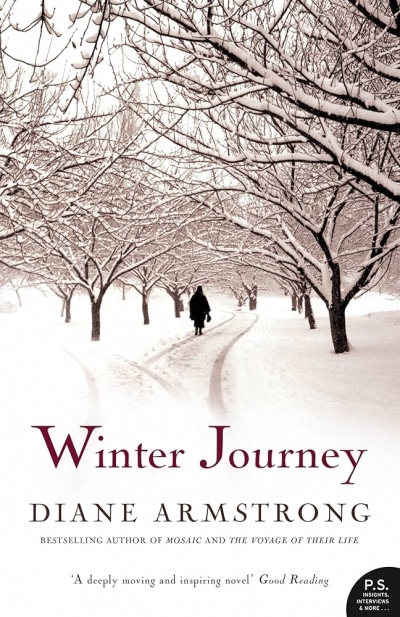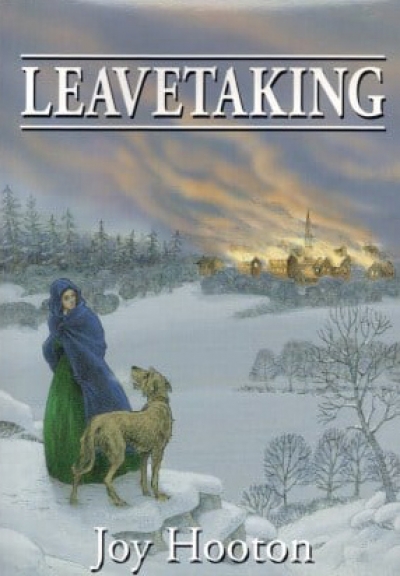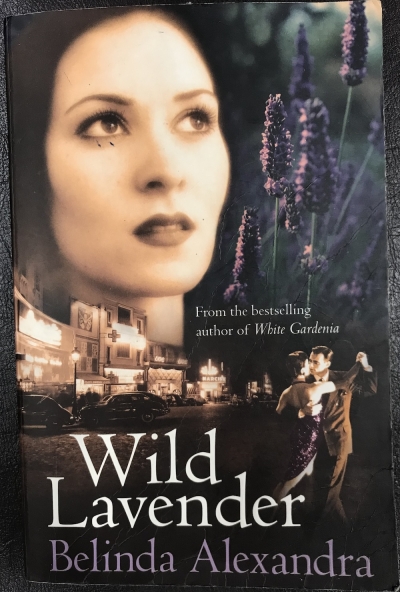Pity the professional historian. It is hard to know where to turn these days to avoid being abused, even from the most unlikely sources. According to Andrew Riemer, writing lately in the Sydney Morning Herald, the main reason professional historians castigated Robert Hughes in 1988, when he published The Fatal Shore, was because he had ‘occupied their territory’. Is there any other professional group in Australia so childish, irresponsible, parasitical and useless as the professional historian? Judging from remarks like this, appearing weekly in the press over the last few years, apparently not. And why is it, at a time when the number of living professional historians probably outnumbers the total of their deceased predecessors since time began, we supposedly manage to work as a tiny clique? Someday an historian, maybe even a professional one, will explain this unlikely phenomenon. Allegations such as these are linked somehow with the overwhelming anti-intellectualism of early twenty-first-century Australia, but exactly why historians, among all the others, are hit so hard and so often is a puzzle.
...
(read more)










